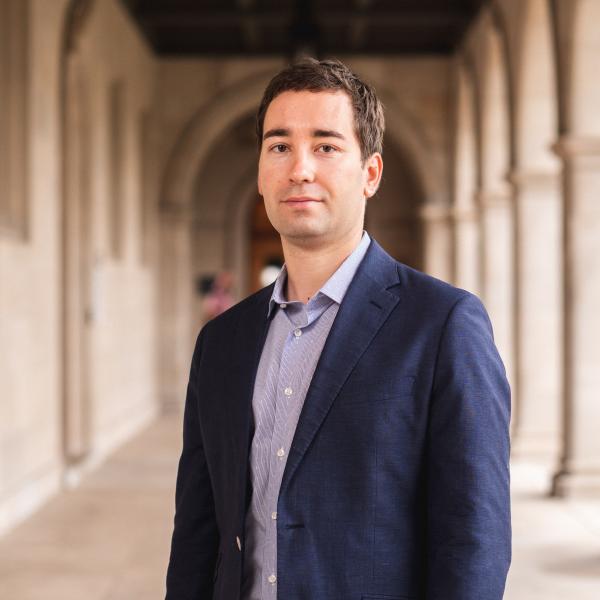Theoretical physics of ecology and evolution
The health of our planet, and our own, is shaped by microbial communities that harbor hundreds of coexisting "species." Their study is a very active and exciting field: an enormous amount of data is now available, with more being collected every day, and yet we still know very little about these microbial ecosystems.
The challenge is not just experimental and technological: it is also theoretical. Microbiology and microbiome research are revolutionizing biology, making us question some of the most basic concepts, such as "species," "fitness," and even "organism." What if our macroscopic intuition about ecology and evolution is simply wrong at the scale of microbial life?
To make progress, data is essential, but not sufficient. The mission of our group is to combine data-intensive inquiry with a theoretical effort, bringing tools and ideas from physics to conceptual problems in biology. Drawing on the rigorous tradition of statistical physics and close experimental collaborations, our aim is to develop high-diversity ecology as a field at the intersection of statistical physics, classical ecology, experimental microbiology and bioinformatics.
Other interests include genetic regulatory networks, developmental biology, and information theory.
Professional History
- 2018-present: Assistant professor, Washington University
- 2017-2018: Postdoctoral fellow, Stanford University
- 2014-2017: Postdoctoral fellow, Harvard University



